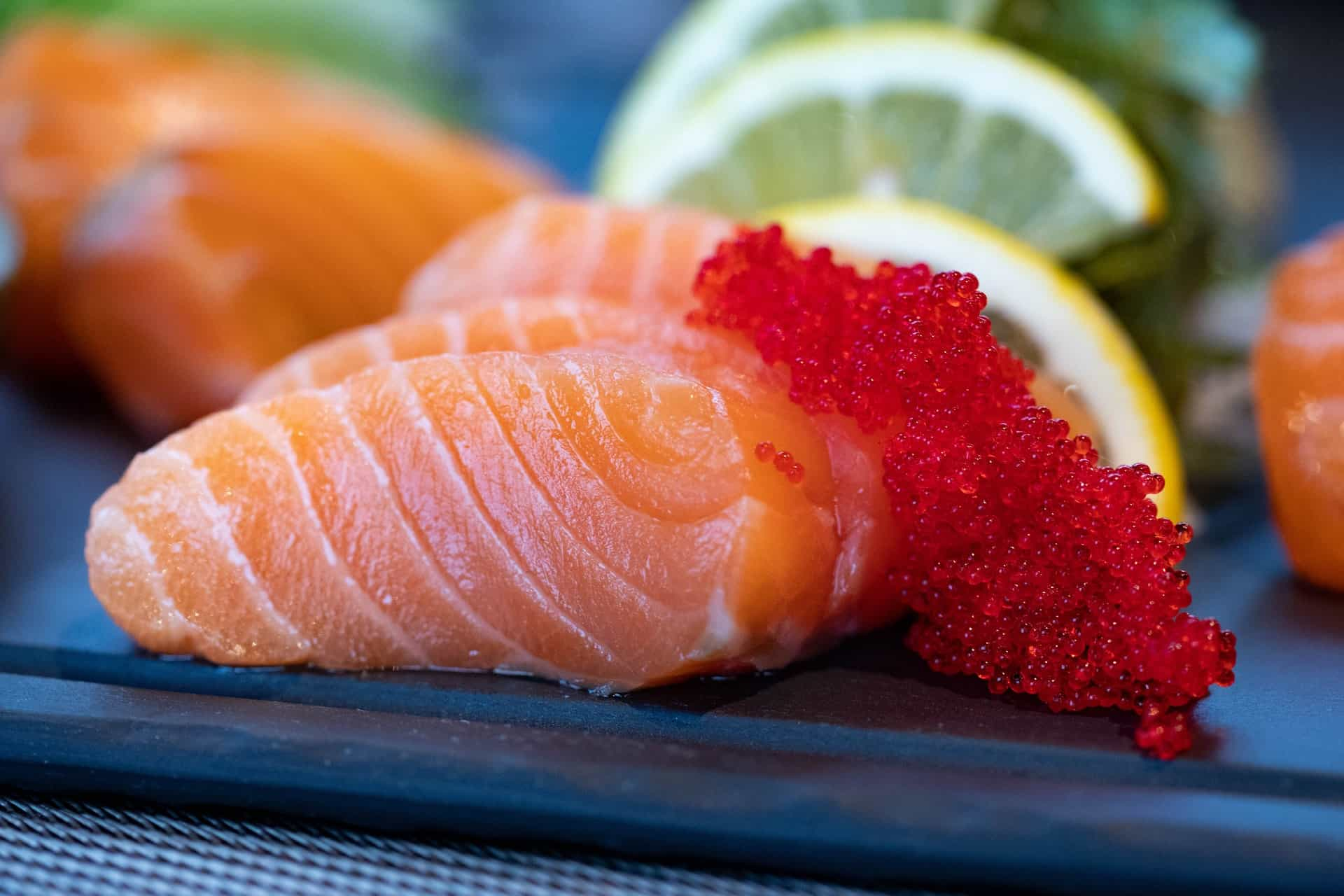Fish is a particularly nutritious food, many people are particularly fond of eating fish, but diabetic patients dare not eat fish casually, fearing that it may have a negative impact on blood sugar, in fact, diabetic patients can also eat fish, but there are certain requirements on the amount of consumption.

What should diabetics pay attention to when eating seafood?
1、Salmon
Salmon contains Q3 fatty acids, which are essential nutrients for the growth and development of the brain, retina and nervous system, and are useful in preventing diabetic eye disease and diabetic neuropathy, but patients with allergies, gout and gestational diabetes are not allowed to use this kind of seafood. The seafood.

2. Tuna
Each 100 grams of tuna contains 60 kcal of calories, so diabetic patients can not exceed 50 grams per day, tuna is a low-fat food, but also rich in unsaturated fatty acids, the regulation and control of blood sugar has a certain help, is a more suitable food for diabetic patients, but the heavy metal content of tuna is relatively high, so you can not eat more.

3. Scallops
Each 100 grams of scallop contains 88 kcal of calories, diabetic patients can not exceed 80 grams per day, the magnesium in the scallop is particularly rich, can promote the secretion of insulin, so that blood sugar levels remain stable, but the scallop is a hot food, if eaten more may lead to the occurrence of fire, so try to eat less.
4. Eel
The calorie content of eel is relatively high, containing 80 kilocalories per 100 grams, so diabetics should not consume more than 50 grams per day. Eel is also rich in chromium, which is a raw material needed for the synthesis of insulin in the body.
5. Squid
Each 100 grams of squid contains 75 kcal of calories, so diabetics should not eat more than 30 grams per day. Squid contains a lot of cholesterol, which can easily lead to increased cholesterol levels in the blood of diabetics, leading to hyperlipidemia and cardiovascular disease.
Warm tips
Diabetics should not only be careful in eating fish, but also develop good eating habits, especially avoiding overeating, as eating too much food at once can lead to a rise in blood sugar after meals and increase the chance of complications.
Popular Articles
-
A set of glute exercises for a good looking body curve

-
 Autumn Moisture Sugar Water Snow Pear and Fig Soup
Autumn Moisture Sugar Water Snow Pear and Fig SoupJul 03, 2025
-
 A few "deeply popular" home goodies, each with real ability, the key is not expensive
A few "deeply popular" home goodies, each with real ability, the key is not expensiveJul 03, 2025
-
 Fitness Equipment | How to choose a suitable for their own yoga mat?
Fitness Equipment | How to choose a suitable for their own yoga mat?Jul 03, 2025
-
 The most toxic jellyfish in the world: Australian square jellyfish
The most toxic jellyfish in the world: Australian square jellyfishJul 03, 2025
-
 The best-looking bird in the world: The peacock with an open screen
The best-looking bird in the world: The peacock with an open screenJul 03, 2025







Comments
0